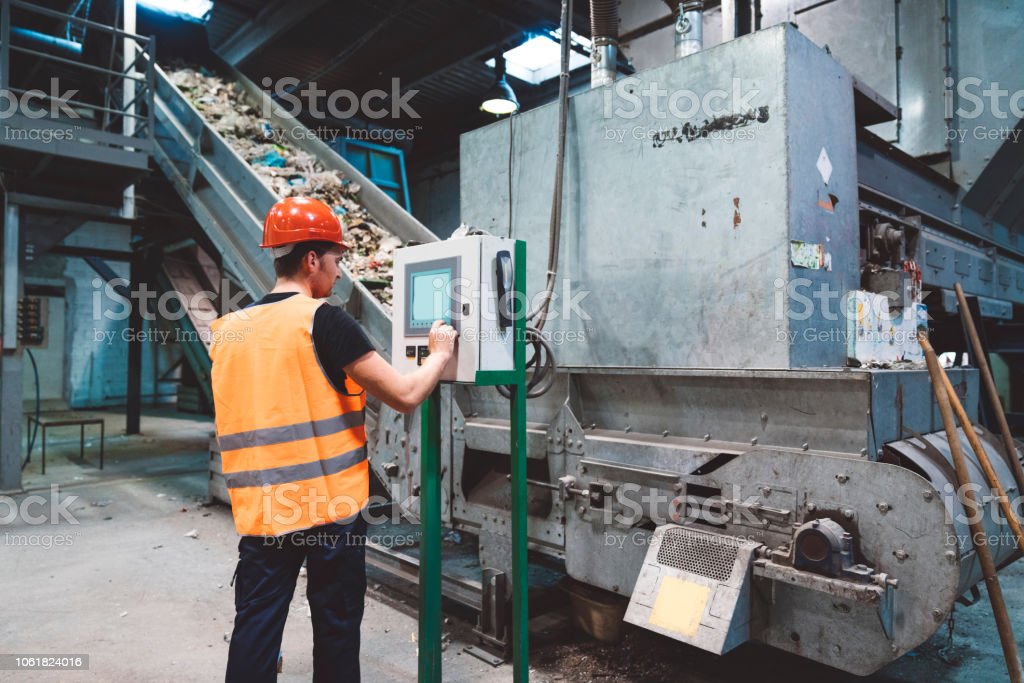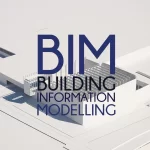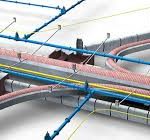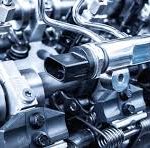Course Overview:
As global water reserves become increasingly scarce, the management of water resources is essential for both domestic and industrial applications. The regulatory landscape is tightening, necessitating adherence to health, safety, and environmental (HSE) considerations. Concurrently, disposal rules are becoming stricter, requiring effective water treatment solutions. Reverse osmosis water desalination offers a viable answer to these challenges, making the careful and sustainable management of every drop of water imperative.
Course Objectives:
Upon completion of this course, participants will be able to:
- Understand various water treatment methods.
- Design a simplified water treatment system for small and medium projects.
- Identify and select the stages commonly used in water purification processes (sedimentation, coagulation, flocculation, filtration, reverse osmosis, hardness removal, iron removal, and disinfection).
- Analyze and evaluate reverse osmosis plants.
Main Topics:
- Water Treatment Processes in Desalination Plants
- Overview of various treatment processes.
- Mechanical Equipment for Desalination Plants
- Types of equipment and their functions.
- Reverse Osmosis Process
- Fundamentals of reverse osmosis technology.
- Sizing of Reverse Osmosis Membranes
- Criteria and methodologies for sizing membranes.
- Maintenance and Operation of Desalination Plants
- Best practices for ensuring efficient operation and maintenance.
- Principles of Water Desalination
- Definitions and distinctions between desalination and distillation.
- Technologies Used for Water Desalination
- Overview of different desalination technologies and their applications.
- Environmental Impact of Desalination
- Discussing the implications of desalination technologies on the environment.
- Components of Reverse Osmosis Units
- Detailed study of components and their roles in the desalination process.
- Evaluation of Performance in Reverse Osmosis Units
- Key metrics and factors affecting unit performance.
- Primary and Final Treatment of Desalinated Water
- Importance of pre-treatment processes for optimizing reverse osmosis performance.
- Types of Filters Used in Desalination Units
- Exploring various filtration methods, including sand filters and cartridge filters.
- Natural Osmosis vs. Reverse Osmosis
- Key differences and applications of both processes.
Conclusion:
This course aims to provide participants with a comprehensive understanding of water desalination processes, focusing on reverse osmosis technology, to ensure they are well-equipped to tackle the challenges associated with water resource management in various sectors.
Target Groups:
This course is intended for:
- Students from mechanical engineering and mechatronics departments.
- Mechanical maintenance engineers.
- Operation, maintenance, and planning managers.
- Operation and maintenance engineers.
- Electrical engineers.
- Maintenance supervisors.
- Technicians across all mechanical maintenance fields.
- Chemical and environmental engineers.
- Process engineers and process chemists working in reverse osmosis plants.
- Drinking water quality regulators.
- Water quality consultants.






